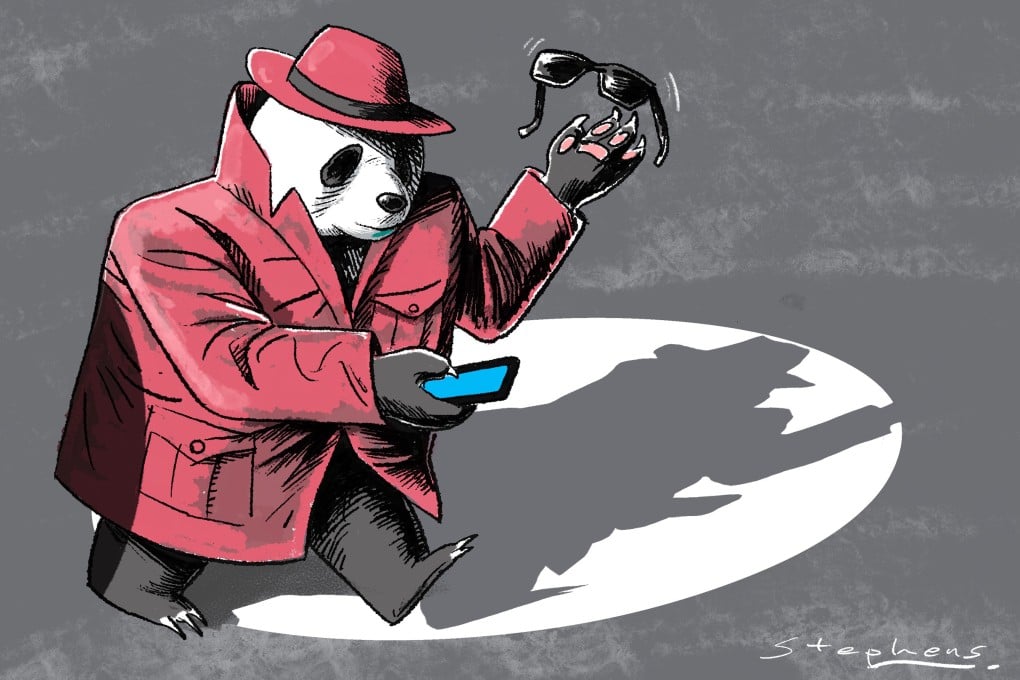Advertisement
Opinion | Why China’s top spy agency is stepping out of the shadows
- The Ministry of State Security kept a secretive presence for years, but now it is on social media and creating a more high-profile public image
- It has every reason to expand its public reach, but it must be more mindful of the potential impact of its daily musings on political and economic matters
Reading Time:4 minutes
Why you can trust SCMP
1

Until recent years, the Ministry of State Security, China’s top spy agency, was one of the most secretive organisations in the country. For decades, the name plaque displayed at the front gate to a high-wall compound off Tiananmen Square in downtown Beijing was the only public sign of its existence even though reports suggested its real headquarters were based elsewhere.
Advertisement
Soon after President Xi Jinping came to power in late 2012, and particularly after he started to emphasise national security, the Ministry of State Security – which performs roles roughly equivalent to those of both the Federal Bureau of Investigation and Central Intelligence Agency – has started to step into the light.
In 2015, on the one-year anniversary of the promulgation of the Counterespionage Law, the ministry launched the hotline 12339 for residents to report suspicious activities, offering up to 500,000 yuan (US$70,000) for tips which lead to arrests. This was followed by the launch of an internet reporting platform. Still, the ministry was largely on the receiving end of information and kept its thoughts private.
In August last year, however, the ministry suddenly thrust itself into the limelight. It launched an official account on WeChat one month after the revised Counterespionage Law came into effect. Since then, it has boldly asserted itself not only on espionage matters but also on national and international topical issues ranging from China-US relations to economic subjects, including one in which it warned against badmouthing China’s economic growth prospects.
The ministry’s daily musings and the way it asserted itself in public affairs have become a source of considerable interest among China watchers and media but also raised concerns and apprehensions among investors and business owners in the country.
Advertisement
For instance, on Tuesday, the ministry for the first time laid out 10 conditions – mainly concerning national security, state secrets and anti-espionage law – that could lead to questioning by its agents, known in slang as “an invitation to tea”.

Advertisement
